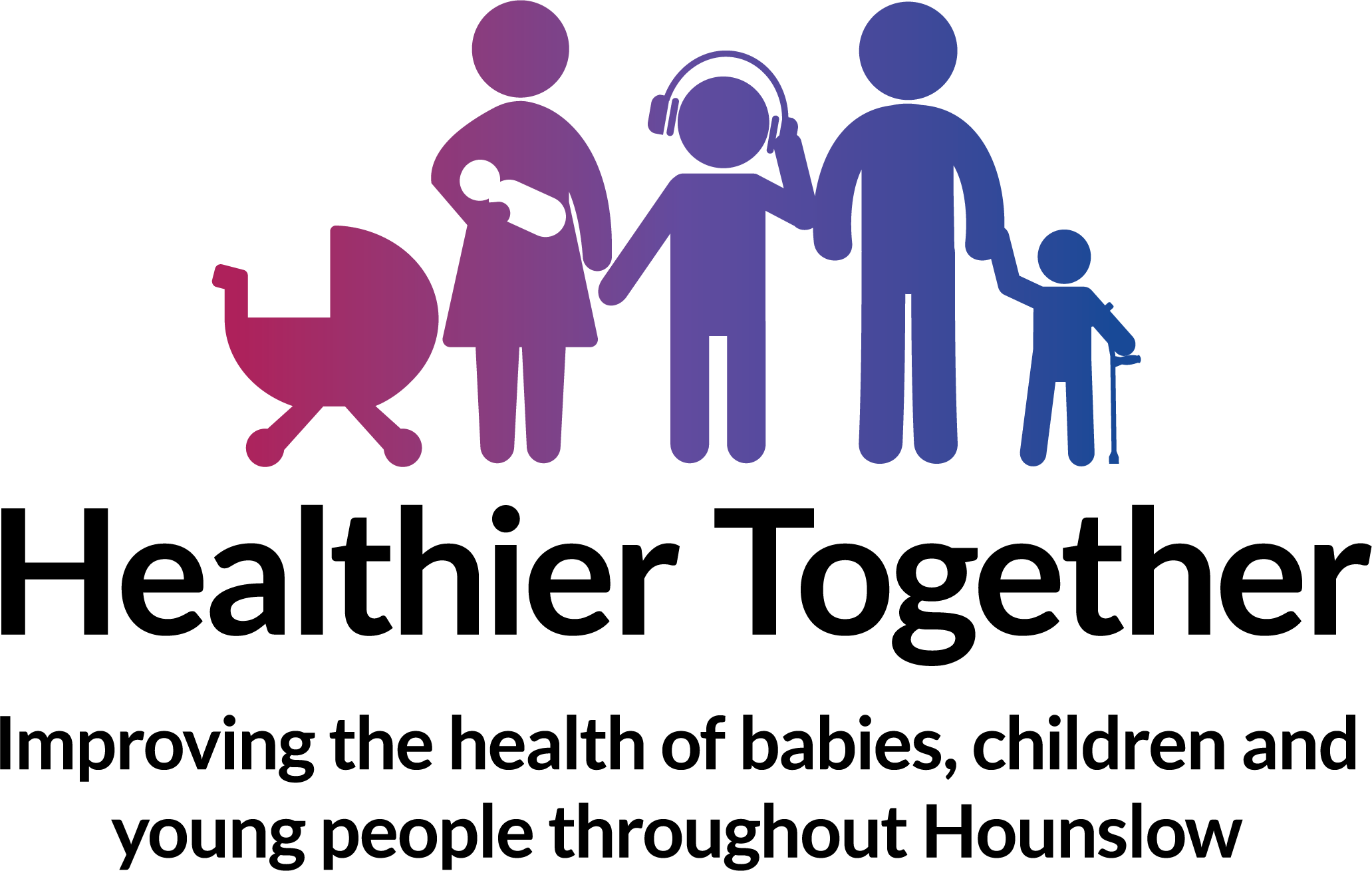Oral health for infant school age (4-7)
Key health professional involved here:
- School nurses
- Teaching staff
Looking after teeth and gums
Key messages:
- Oral health is part of the national curriculum in Key Stage 1 science and in Relationships Education, Relationships, and Sexual Education (RSE) and Health Education
- Tooth decay can cause pain, infection, sleepless nights, time off nursery/school and time off work for parents/carers.
- Small children often need a general anaesthetic to have decayed teeth removed, which can be an unpleasant experience and is not without risk
- Tooth decay is still the most common reason for hospital admissions in the 6-10 year old age group
Linked resources:
- Doncaster School Nursing team part of RDaSH NHS FT presents a short film on Dental Hygiene for Reception age children. This film also includes a short film featuring TV's Dr Ranj by kind permission of the British Society of Paediatric Dentistry
- Doncaster Council oral health promotion prepared lessons
- Keeping our teeth healthy – Change4Life KS1 science lesson
Toothbrushing
Key messages:
- Children aged 3 and over should use a pea-sized amount of toothpaste containing more than 1000ppm fluoride
- Use a toothpaste containing 1350-1500ppm fluoride for maximum prevention. Most ‘own brand’ supermarket toothpastes are suitable and more affordable
- Brush all the surfaces of the teeth and gumline in small circles for around 2 minutes, twice a day - just before bedtime and at another time that fits in with your routine
- Spit out the toothpaste and do not rinse!
Linked resources:
- How to care for the teeth of children aged 3-6 with Dr Ranj and Supertooth! (CBeebies presenter)
Visiting the dentist:
Key Messages
- Adults should have a regular check-up at the dentist at least once every 2 years, and children at least once a year
- NHS dental treatment is free for children under 18 or under 19 and in qualifying full-time education
- Some adults can also get free NHS dental treatment
- Going to the dentist regularly helps the child become familiar with the dental environment, and enables the dentist to pick up on any problems as early as possible
- The dentist can paint fluoride varnish on children’s teeth to protect them from tooth decay. All children over 3 should have it applied at least twice a year, and it may also be used for younger children at high risk of tooth decay. Parents/carers should ask their dentist about fluoride varnish
Linked resources:
- Put your postcode into this website to find a dentist
- Look here to find out who is entitled to free NHS dental treatment
Diet:
Key messages:
- Reduce the amount and frequency of having foods and drinks that contain sugar, only give sweet foods including dried fruit at mealtimes
- Squashes sweetened with sugar, fizzy drinks, soft drinks and juice drinks have no place in a child’s daily diet
- Limit the amount of fruit juice and/or smoothies your child drinks to a maximum of 150 mls (one portion) in total per day and drink it with meals to reduce the risk of tooth decay
- Always ask for sugar-free medicines
Linked resources:
- Sugar: the facts
- Healthy Eating Right from the Start video (from Henry)
- The Food Scanner app from Change4Life can help you check how much sugar your family is having


